Hummingbirds, those tiny, vibrant birds that captivate our gardens, are not only a delight to watch but are also fascinating creatures with unique dietary needs. The primary component of a hummingbird's diet is nectar, a sweet liquid found in flowers that provides the high energy these birds require for their rapid flight and high metabolism. In this article, we'll explore the nature of hummingbird food, focusing on nectar, its importance, and how to create a hummingbird-friendly environment in your own backyard.
What is Hummingbird Nectar?
Nectar is essentially a sugary fluid produced by plants to attract pollinators, such as bees and hummingbirds. It is composed mainly of sucrose, fructose, and glucose, dissolved in water. The concentration of sugar in nectar can vary widely among plant species, generally ranging from 10% to 30%. For hummingbirds, the sweeter the nectar, the better, as it provides the necessary calories needed to sustain their energetic lifestyles.
The Importance of Nectar
For hummingbirds, nectar isn't just food; it's fuel. These birds beat their wings up to 80 times per second and have heart rates that can exceed 1,200 beats per minute when in flight. Such high energy demands are met by the sugar-rich nectar they consume. Additionally, nectar provides water to keep the birds hydrated.
Beyond energy, hummingbirds also require proteins, amino acids, vitamins, and minerals for overall health, which they typically get from consuming small insects and spiders. However, nectar remains their primary source of energy and sustenance.
How to Make Hummingbird Nectar at Home
Creating a hummingbird feeder solution at home is a simple and rewarding way to attract these birds to your garden. Here’s a straightforward recipe for homemade hummingbird nectar:
- Mix one part white, granulated sugar with four parts water. For example, you can use 1 cup of sugar to 4 cups of water.
- Heat the mixture for a couple of minutes to help the sugar dissolve and to eliminate any bacteria or mold spores.
- Allow the solution to cool completely before filling your feeders.
- Store any leftover nectar in the refrigerator for up to a week.
It's important to avoid using honey, brown sugar, or artificial sweeteners, as these can be harmful to hummingbirds. Plain white sugar most closely mimics the natural sucrose found in flower nectar.
Maintaining a Hummingbird-Friendly Environment
To keep hummingbirds returning to your garden, it’s crucial to maintain the feeders properly:
- Clean the feeders regularly: Wash your hummingbird feeders with hot water and a mild detergent at least once a week, more often in hot weather, to prevent mold and bacterial growth.
- Change the nectar frequently: Replace the nectar every few days, or daily in very hot weather, to ensure it remains fresh and safe for the birds.
- Choose the right location: Place feeders in shady areas to slow down fermentation of the nectar, and where you can easily watch and enjoy these beautiful birds.
- Plant hummingbird-friendly flowers: Enhance your garden with flowers like petunias, zinnias, and foxgloves that are rich in nectar and attractive to hummingbirds. This not only provides natural feeding options but also encourages natural behaviors.
Attracting hummingbirds to your garden with homemade nectar is a delightful way to connect with nature and aid in the conservation of these remarkable birds. By understanding their dietary needs and how to properly care for them, you can enjoy the beauty and vibrancy of hummingbirds while providing them with a nutritious and safe environment. So, fill up those hummingbird feeders, outdoor bird feeder, plant some nectar-rich flowers, and prepare to be mesmerized by the aerial antics of your new feathered friends.

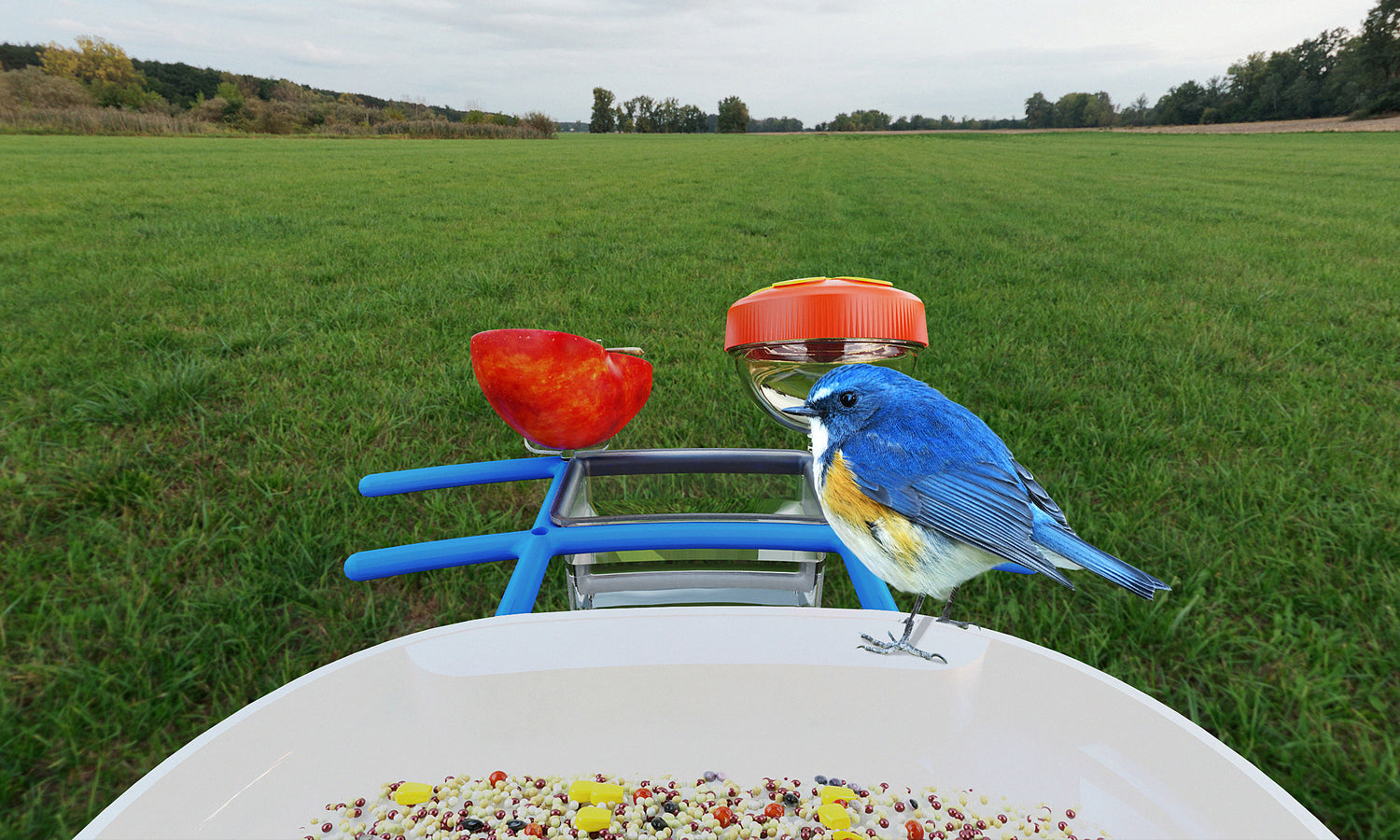
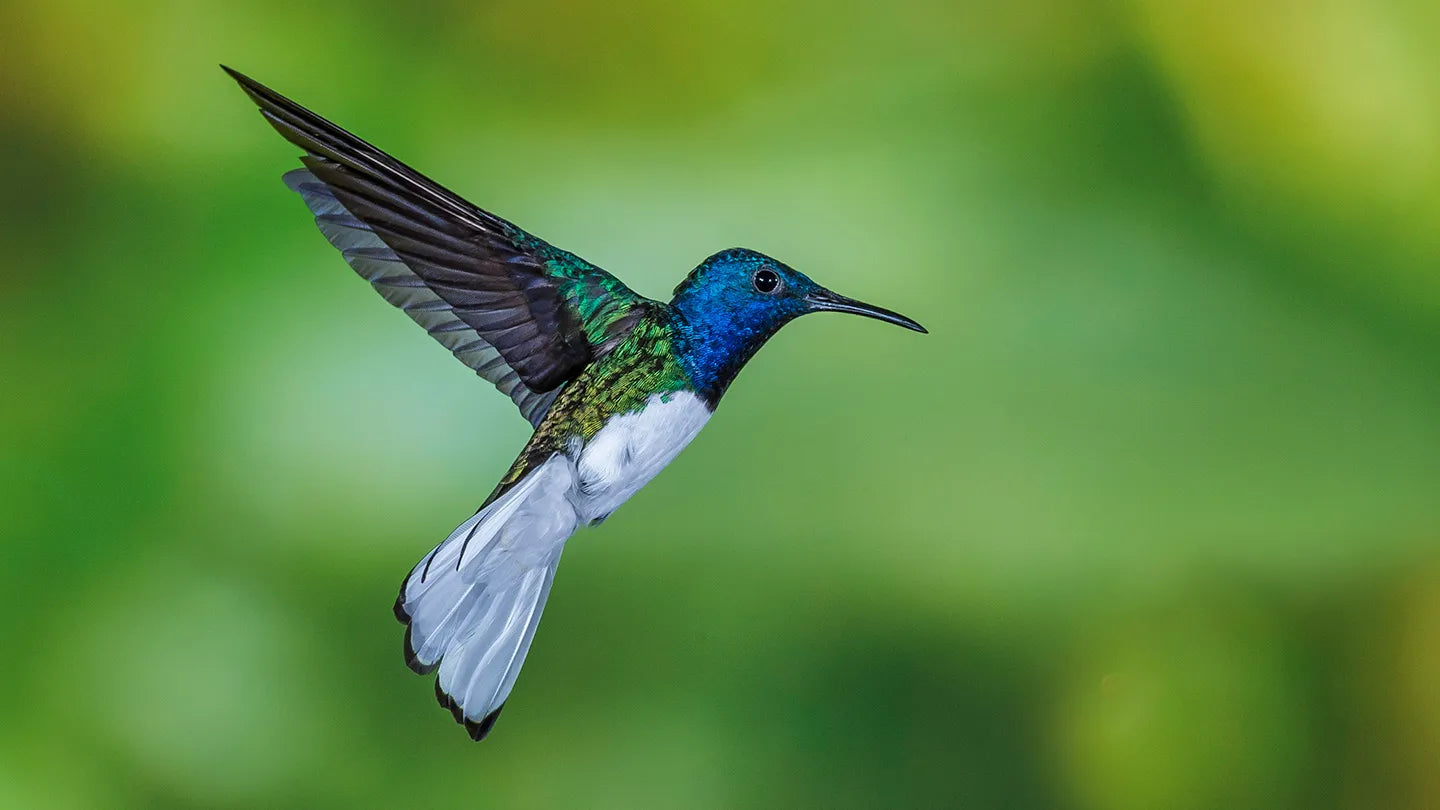
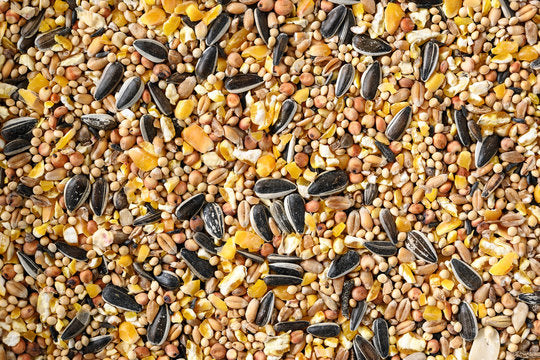
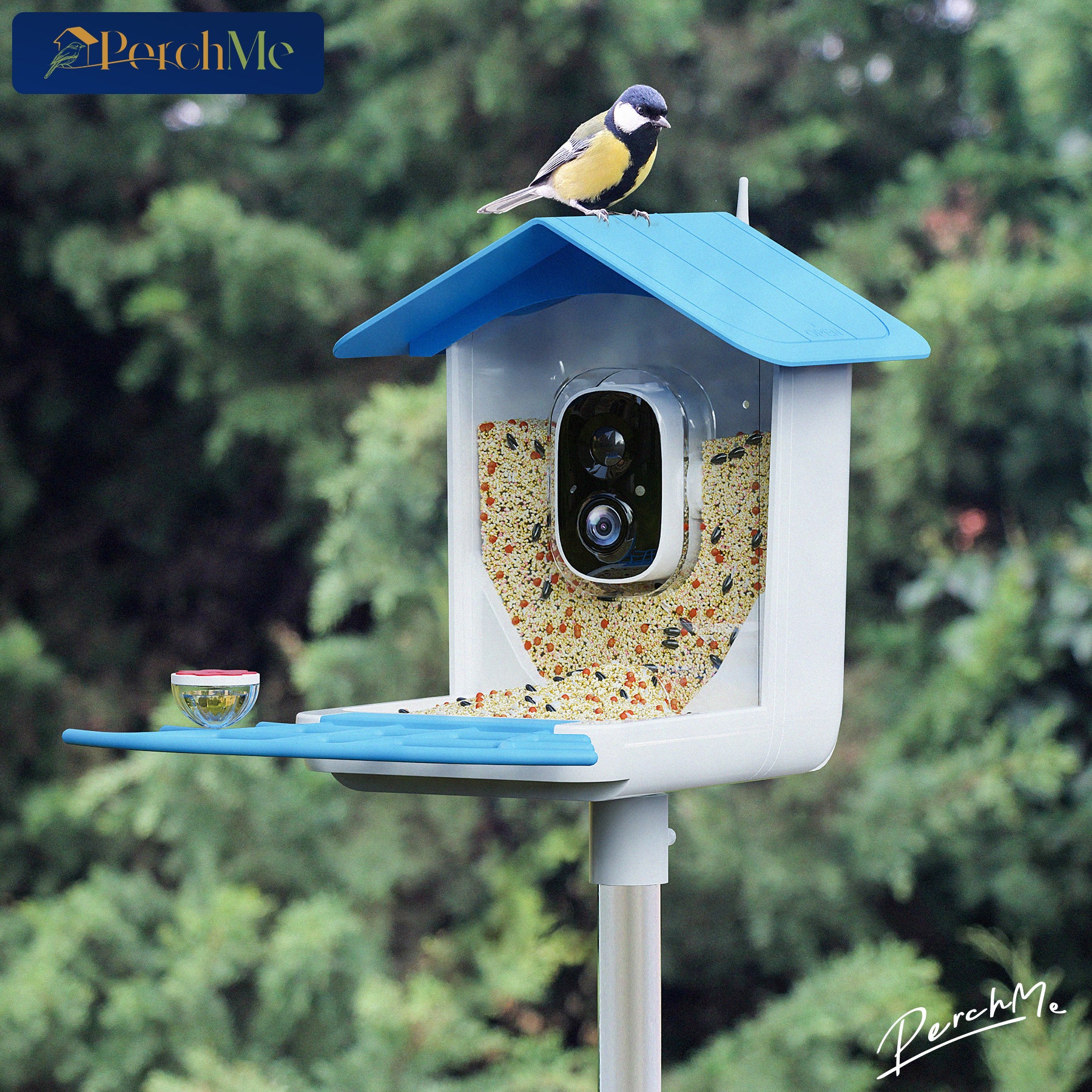
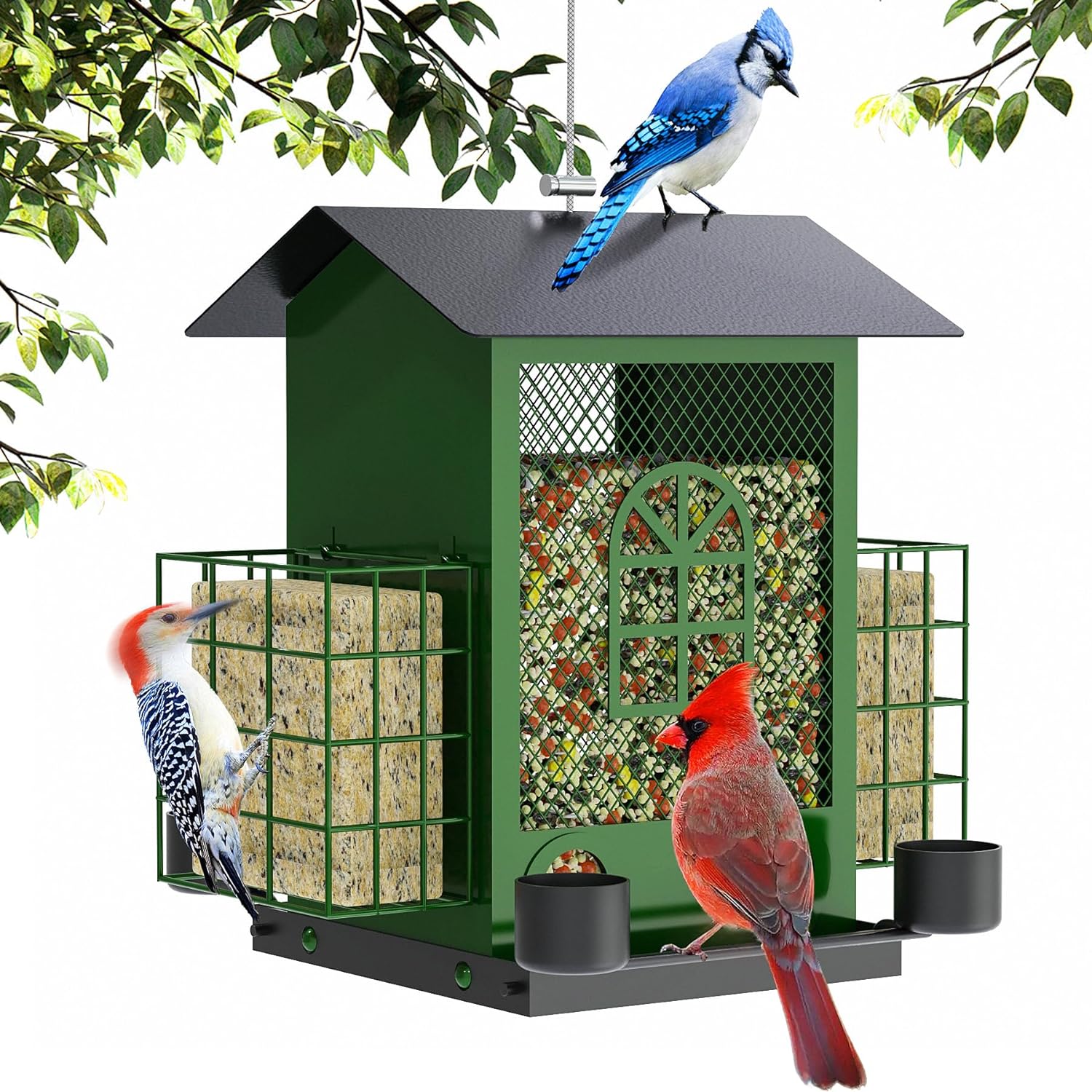














Leave a comment
All comments are moderated before being published.
This site is protected by hCaptcha and the hCaptcha Privacy Policy and Terms of Service apply.